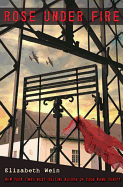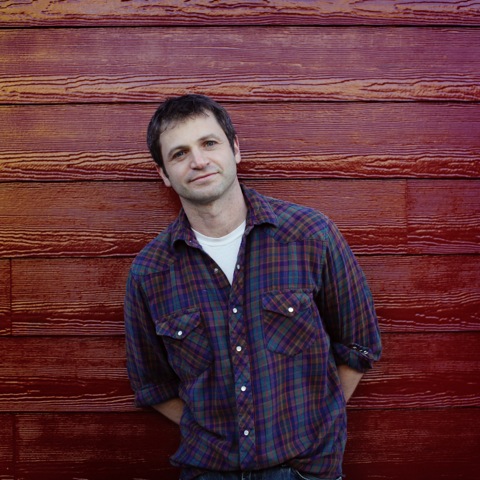 |
| photo: Traci Griffin Treat Street |
Peter Orner is the author of Esther Stories, The Second Coming of Mavala Shikongo and Love and Shame and Love. His writing has appeared in major periodicals, as well as in The Best American Short Stories and The Best American Non-required Reading. Orner has received the Rome Prize from the American Academy of Arts and Letters, the Goldberg Prize for Jewish Fiction, a Guggenheim Fellowship and two Pushcart Prizes. His new collection of stories is Last Car over the Sagamore Bridge (Little, Brown; August 6, 2013). Orner is a professor at San Francisco State University and lives in Bolinas, Calif.
On your nightstand now:
Amsterdam Stories by Nescio (translated by Damion Searls). If I love a book, I read it forever. Over the past couple of years since it came out, I've been reading and re-reading this jaw-droppingly good book of stories by this Dutch writer for the past year. The man died in 1961, and though he is rock star in Holland, he has not been translated into the U.S. until now. Deceptively simple, modern, unpretentious and often hilarious--few stories in recent years have moved me as much as these. Here's the famous opening line of the first story in the book, "The Freeloader": "Except for the man who thought Sarphatisraat was the most beautiful place in Europe, I've never met anyone more peculiar than the Freeloader." The brilliance of this sentence is hard to explain, and god knows where Sarphatisraat is (I assume it is like saying Gary, Indiana, is the most beautiful place in America and who is to say it's not?), but the point is that a sentence like that cues a reader, here's a writer who is going to talk to me, not at me. Hence, a permanent place on my night table, which also has on it Randall Kenan's Let the Dead Bury Their Dead, another masterful and totally unique story collection I read and re-read; Stella Adler on America's Master Playwrights; Chekhov's Letters; and Aleksandar Hemon's Love and Obstacles, which I'm going to start tonight.
Favorite book when you were a child:
Roald Dahl's James and the Giant Peach. Do I even need to elaborate here? Your parents get killed by a rhino, you're raised by evil aunts, you end up living in a huge hollowed-out peach pit in Central Park.... What more could you want out of life, let alone a book?
Your top five authors:
Eudora Welty, Isaac Babel, Virginia Woolf, Dickens, Malamud, Faulkner, Melville, Hawthorne, Ralph Ellison, Saul Bellow, Andre Dubus, Marilynne Robinson, James Alan McPherson, Wright Morris, Joseph Mitchell, Edna O'Brien, Bohumil Hrabal, Mavis Gallant, Gina Berriault, Juan Rulfo, William Maxwell, Frank O'Connor, James Salter, Mordecai Richler, Zbignew Herbert, Italo Calvino, Borges, Dambudzo Marechera, Henry Green, Kafka, damn, how many is this? Sorry. Chekhov, how did I forget him? This is a totally impossible question.
Book you've faked reading:
Dora the Explorer's Search for the Seasons. I hate Dora, I hate Diego, I hate Boots, I hate the f***ing Map. The only one I can actually tolerate is Swiper, who steals s**t from Dora and her friends. I fake read this to my daughter often by changing the words and skipping pages when she gets drowsy. Alas, she loves Dora, sleeps in a Dora blanket, etc. One day I will burn the book and blanket in the fireplace.
Book you're an evangelist for:
I've long been a very unsuccessful evangelist for Wright Morris's Plains Song, not to be confused with Kent Haruf's Plainsong (a fine book) but Morris's, which won the National Book Award in 1981 (this didn't help alleviate its obscurity) is one of the most achingly beautiful novels of our age. I feel as close to, and as strongly about, the characters in Plains Song as I do about my own family. Few people seem to read Morris much anymore. When I meet someone who does, I cling to them like a lost brother or sister. I once did a pilgrimage to the Wright Morris House in Central City, Neb. The tour guide (who came over from her day job in an insurance office) thought I was a little nuts. She said, "This isn't Graceland."
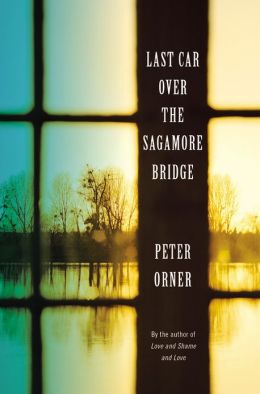 Book you've bought for the cover:
Book you've bought for the cover:
I just recently tore through James Lasdun's Give Me Everything You Have: On Being Stalked. It's got a nice, simple-to-the-point cover. I'm not a big reader of memoirs; they often seem too cooked up for me. But this one, which I'm certain Lasdun wishes he hadn't needed to write, was captivating and completely upended my expectations about what a memoir can be. Lasdun's life is interesting in the way a train coming right at you is interesting. And though there were times I was annoyed by Lasdun's willful blindness to what was truly happening with his former student, overall I found the book humble and brave, a lucid and humane meditation on terrors that are modern and at the same time age old. Also, it's got some terrific writing about Sir Gawain and the Green Knight, which, by the way, is another book I've faked having read. In college. In Professor E.L. Cloyd's class. After Lasdun's book, I want to go and actually read it. Can I draw an arrow from this question to that other one above? I can't. Another bad thing about this era, we don't really draw arrows to connect things anymore.
Book that changed your life:
Did I mention Plains Song by Wright Morris? Just for fun (why did I think this would be fun?) I looked up the book on Goodreads and had the pleasure of reading what other people think of my touchstone. I guess I thought I'd find some kinsmen. "I didn't enjoy this dull book with underdeveloped characters and wonder why I bothered to finish it." Never again. It's a book that strikes me deep in the gut and it pains me to imagine another reader not feeling the same way. But this is exactly why I read--and don't belong to a book group--because reading is the most individual thing there is. Why collectivize it? Didn't we have enough bad English teachers in school? Crowd sourcing and literature shouldn't mix, and so I cling to my copy of this cherished book. Did it change my life? Yes, because it showed me, as no book I've ever loved ever has how the whole point of a story--the only point really--is to create characters that will sear into a reader's brain for good, for all time. Not a crowd of readers. One reader.
Favorite line from a book:
"If I were a politician, I would never traduce the present for the sake of the future, even if an ounce of falsehood were to guarantee me a hundredweight of bliss." --Chekhov in a letter to Alexey Suvorin, 1 August 1892. Chekhov is angry that a cholera outbreak--he's working as a cholera doctor--might be used as an occasion by the people he calls "our socialists" to use this health emergency to score politician points.
Book I've thrown across the room and then picked up again and finished, both loving and hating it but never forgetting it:
James Salter's novel Light Years. With his new book, All That Is, Salter has had some much overdue adulation of late. Focus on his novels, I think, overshadows his more remarkable short stories. When Salter holds it up, when he leaves you in the lurch, that's when he's nearly unsurpassable. You end a Salter story and you go into free fall. It's often said that it's Salter's sentences that make him so distinct. I agree, but only sometimes. I think it is more about his people. Sometimes his sentences collapse under the weight of their own beauty and that's not beauty. It was a sentence that made me throw Light Years across the room. There was something too absurdly luscious about it. I picked the book back up because of the characters, though they drove me bananas. I had begun to care for them, and there's no taking that back. Ever. At least in literature.
Book you most want to read again for the first time:
James and the Giant Peach.
 June bookstore sales fell 9.5%, to $829 million, compared to June 2012, according to preliminary estimates from the Census Bureau. For the year to date, bookstore sales have fallen 1.5%, to $6.06 billion. This has proved an erratic year so far: sales improved in January and March over 2012, but were down in February, April, May and now June, in part because of high sales a year earlier of the Hunger Games and Fifty Shades of Grey trilogies.
June bookstore sales fell 9.5%, to $829 million, compared to June 2012, according to preliminary estimates from the Census Bureau. For the year to date, bookstore sales have fallen 1.5%, to $6.06 billion. This has proved an erratic year so far: sales improved in January and March over 2012, but were down in February, April, May and now June, in part because of high sales a year earlier of the Hunger Games and Fifty Shades of Grey trilogies.








 Clair Willcox, associate director and editor-in-chief of the University of Missouri Press, is one of
Clair Willcox, associate director and editor-in-chief of the University of Missouri Press, is one of 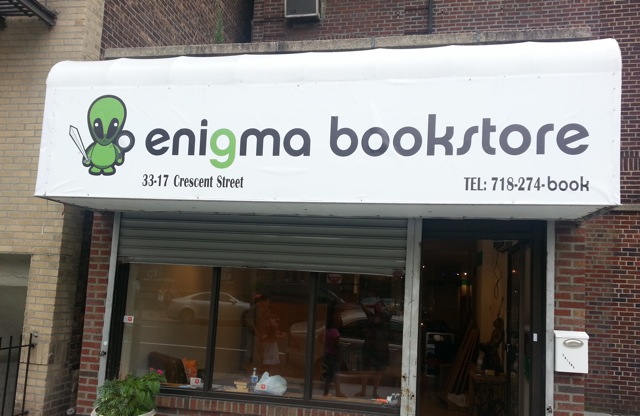 Enigma Bookstore
Enigma Bookstore
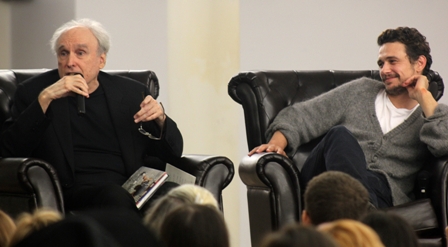 More than 400 fans came to the Strand Book Store, New York City, this past weekend to hear actor/director/screenwriter/author James Franco in conversation with Frank Bidart on Franco's new memoir, A California Childhood (Insight Editions), followed by a book signing.
More than 400 fans came to the Strand Book Store, New York City, this past weekend to hear actor/director/screenwriter/author James Franco in conversation with Frank Bidart on Franco's new memoir, A California Childhood (Insight Editions), followed by a book signing.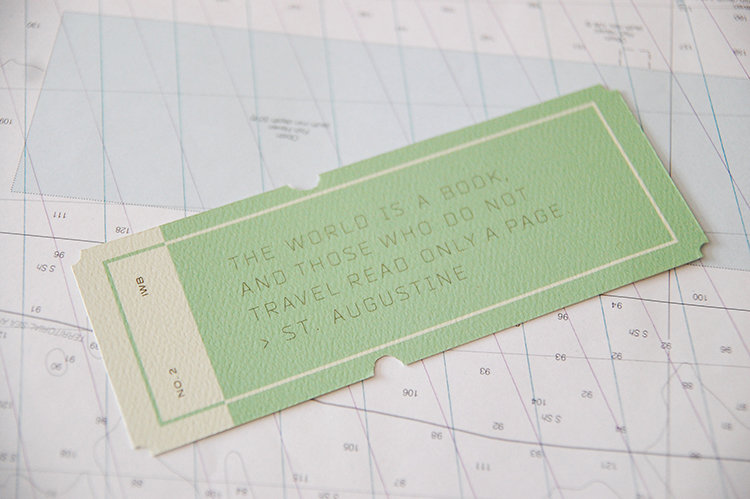 Designer Andrew Colin Beck spoke with Fast Company
Designer Andrew Colin Beck spoke with Fast Company 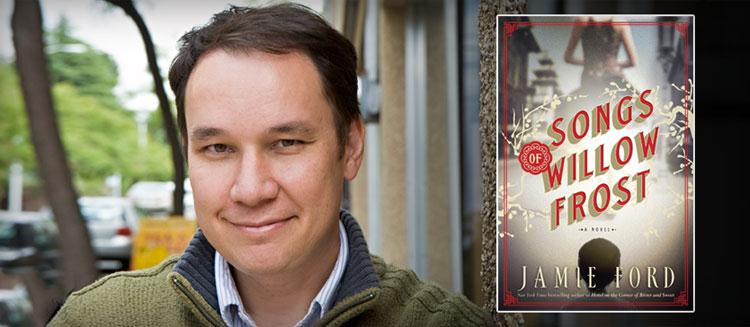 On his blog, author Jamie Ford has an
On his blog, author Jamie Ford has an 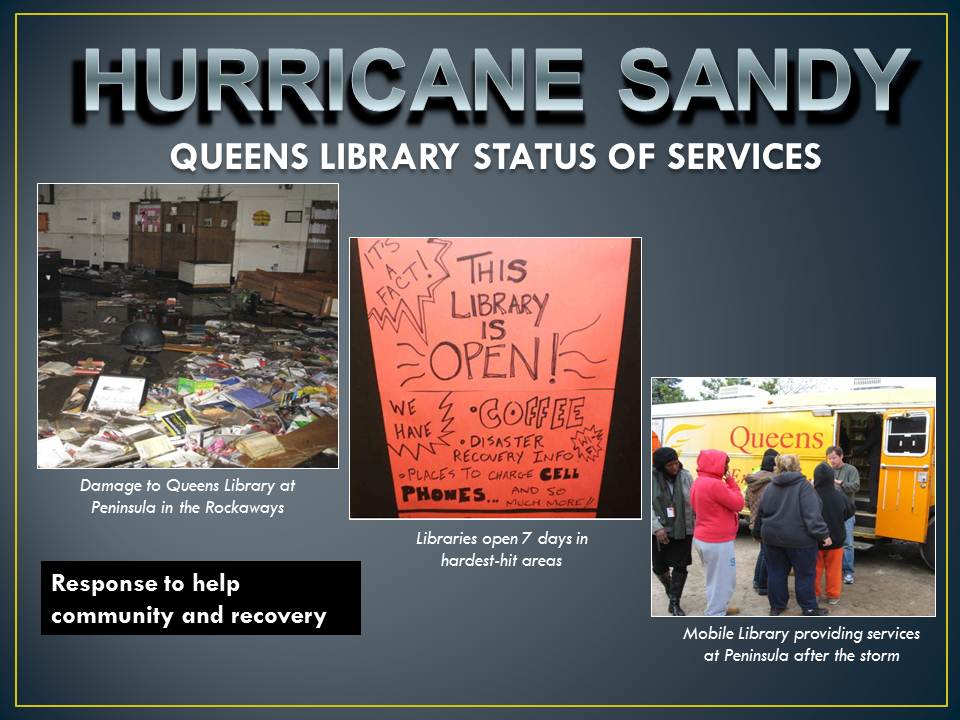 After Hurricane Sandy last year, New York City's librarians "helped thousands of people fill out relief forms, connect to the Internet and make plans to rebuild," NPR noted in its report on how
After Hurricane Sandy last year, New York City's librarians "helped thousands of people fill out relief forms, connect to the Internet and make plans to rebuild," NPR noted in its report on how 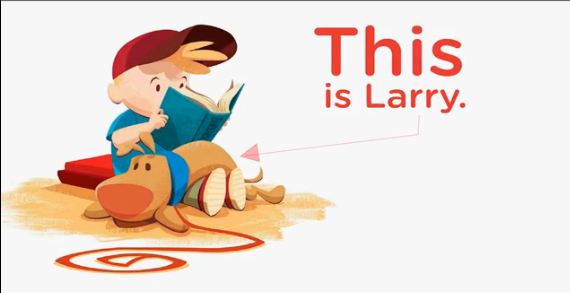 Larry Gets Lost in Prehistoric Times: From Dinosaurs to the Stone Age
Larry Gets Lost in Prehistoric Times: From Dinosaurs to the Stone Age
 Book you've bought for the cover:
Book you've bought for the cover: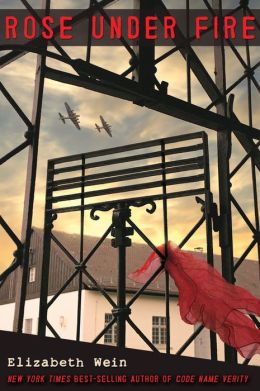 Elizabeth Wein revisits the role of women in World War II in Rose Under Fire, a worthy companion to her
Elizabeth Wein revisits the role of women in World War II in Rose Under Fire, a worthy companion to her 